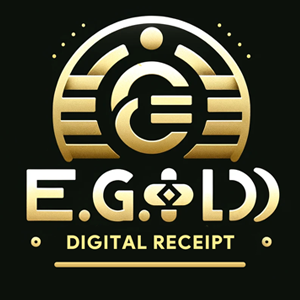Gold coins are highly valuable assets, whether for investment, collection, or as gifts. However, the market is rife with counterfeit coins, making it essential to verify the authenticity of any gold coin you purchase. While professional coin grading services are an option, there are several simple methods you can use to test gold coins at home or with the help of a dealer. Here’s a detailed guide to help you ensure the authenticity of your gold coins.
Visual Inspection of the Coin
A visual inspection is the first step in authenticating any gold coin. Start by examining the coin's details closely and comparing them to official images or descriptions provided by the mint or issuer. Genuine gold coins have distinct designs, engravings, and edge details that counterfeiters often fail to replicate accurately. Look for inconsistencies in lettering, design sharpness, or edge markings. Additionally, inspect for any damage, irregularities, or poor craftsmanship, which can indicate a counterfeit.
Check the coin’s inscriptions, including its weight, purity, and year of minting. Popular gold coins, such as the American Gold Eagle, Canadian Maple Leaf, and Krugerrand, will have these details clearly engraved. Any misspellings or design distortions are an immediate red flag.
Weight and Dimensions Check
Every official gold coin has precise specifications, including weight, diameter, and thickness. Use a digital scale to weigh the coin and compare it to the mint’s official specifications. For instance, a 1-ounce gold coin like the American Gold Eagle should weigh exactly 31.1 grams. Similarly, use calipers to measure the coin’s diameter and thickness. Deviations from the standard dimensions could indicate a counterfeit coin or one made of a different metal.
Magnet Test
Gold is a non-magnetic metal, meaning it should not be attracted to a magnet. To perform this test, use a strong neodymium magnet. If the coin is pulled toward the magnet or exhibits any magnetic properties, it is likely not made of pure gold. This test is a simple and effective way to rule out counterfeits containing ferromagnetic metals.
Ping Test
Gold coins produce a distinct sound when struck gently. This is known as the “ping test.” To perform this test, balance the coin on your finger and tap it with another coin or a small metal object. A real gold coin will emit a clear, resonant ring, while counterfeit coins, especially those made from base metals, will produce a duller sound. There are mobile apps available that can analyze the sound frequencies of a coin’s ping to help confirm its authenticity.
Scratch Test
A scratch test involves scratching the surface of the coin to reveal its underlying composition. While effective, this method is not recommended for collectors or investors, as it damages the coin and reduces its value. However, in cases where other tests are inconclusive and the coin’s authenticity must be confirmed, you can scratch it gently with a gold-testing kit, which uses acid to verify its purity.
Specific Gravity Test
Gold has a unique density of 19.32 g/cm³. The specific gravity test is a scientific method to confirm this property. To perform the test, you’ll need a precise scale and a container of water. First, weigh the coin in air and then weigh it while submerged in water. Divide the weight in air by the difference between the two weights to calculate the specific gravity. If the result is close to 19.32, the coin is likely genuine. This method is highly accurate but may require some technical knowledge to perform correctly.
X-Ray Fluorescence (XRF) Analysis
XRF analysis is one of the most reliable methods for testing gold coins, but it requires specialized equipment. XRF machines can analyze the elemental composition of a coin without causing damage. This test is commonly used by professional dealers and precious metals experts to verify the purity and authenticity of gold coins. While not practical for individual collectors to perform, XRF testing is available through many reputable dealers and coin authentication services.
Ultrasound Test
An ultrasound test uses sound waves to measure the internal structure of a coin. Authentic gold coins have specific sound wave patterns that can be compared to reference data. Portable ultrasound devices designed for gold testing are available, but they may be more suitable for professional use. This method is highly effective for detecting counterfeit coins made with tungsten or other materials that mimic gold’s density.
Thermal Conductivity Test
Gold is an excellent conductor of heat. A thermal conductivity test involves placing a coin on a cold surface, such as an ice cube, and observing how quickly the heat from the coin melts the ice. Real gold coins transfer heat quickly, while counterfeit coins may not conduct heat as efficiently. While not a definitive test, this method can help rule out coins made of less conductive metals.
Hallmark Verification
Most gold coins bear hallmarks or mint marks that indicate their origin, purity, and authenticity. Check for these markings and compare them to the official specifications provided by the issuing mint. Common hallmarks include purity levels like “999.9” for 24-karat gold or “916” for 22-karat gold. Counterfeit coins often feature poorly stamped or inconsistent hallmarks, so careful observation is key.
Professional Authentication Services
If you are still unsure about a coin’s authenticity after performing these tests, consider taking it to a professional authentication service. Reputable organizations like the Numismatic Guaranty Corporation (NGC) or the Professional Coin Grading Service (PCGS) can grade and certify your coin. These services provide peace of mind and increase the coin’s resale value by confirming its authenticity and condition.
Common Red Flags to Watch For
When evaluating gold coins, be cautious of these common red flags:
- Inconsistent or blurry designs compared to official versions
- Unusual weights or dimensions
- Visible seams or casting marks along the coin’s edge
- Magnetic properties or dull sound during the ping test
- Prices significantly below the current market value of gold
Why Authenticity Matters
Authenticating your gold coins is essential for preserving their value and ensuring they remain a reliable investment. Counterfeit coins not only result in financial losses but can also harm your credibility if you unknowingly sell them. By performing these simple tests and relying on professional services when needed, you can confidently buy, sell, and collect gold coins.
Gold coins like the American Gold Eagle, Canadian Maple Leaf, Krugerrand, and Austrian Gold Philharmoniker are trusted worldwide for their purity and craftsmanship. However, even these coins are not immune to counterfeiting. Always remain vigilant and take the time to verify every gold coin you acquire. Your diligence will protect your investment and ensure you enjoy the enduring value of gold.
How to Protect Yourself When Buying Gold Coins
Authenticating gold coins is critical, but taking preventative measures during the purchase process can help you avoid counterfeit coins altogether. By purchasing from reputable sources and knowing what to look for, you can significantly reduce the risk of buying fake coins. Below are some tips to ensure a secure buying process.
Buy from Reputable Dealers
The most reliable way to avoid counterfeit gold coins is to purchase only from reputable dealers. Look for dealers who are members of trusted organizations such as the Professional Numismatists Guild (PNG) or the American Numismatic Association (ANA). These organizations set high ethical standards for their members and ensure that buyers receive authentic products.
Dealers with long-standing reputations, both online and in-store, are more likely to sell genuine coins. When buying online, ensure the platform has strong reviews, clear authentication policies, and transparent pricing.
Request a Certificate of Authenticity
Many reputable dealers provide a Certificate of Authenticity (COA) with their coins. This document verifies that the coin meets the specifications of the issuing mint and is not counterfeit. While a COA is not foolproof, it adds an extra layer of assurance to your purchase.
Purchase from Government Mints
One of the safest options is to buy directly from government mints or their authorized distributors. These mints produce the world’s most trusted gold coins, such as:
- The American Gold Eagle (United States Mint)
- The Canadian Maple Leaf (Royal Canadian Mint)
- The Krugerrand (South African Mint)
- The Gold Britannia (Royal Mint)
- The Gold Philharmoniker (Austrian Mint)
Purchasing from these official sources guarantees the authenticity of the coin.
Check the Packaging
Many gold coins come in tamper-evident packaging or sealed assay cards, which add an extra layer of security. If the coin is sold outside of its original packaging or if the packaging shows signs of tampering, proceed with caution. Sealed coins are often harder to counterfeit and offer greater peace of mind to buyers.
Research the Current Market Value
Before buying a gold coin, research the current spot price of gold to ensure you are not paying too much or being offered a deal that seems "too good to be true." Counterfeit coins are often priced below market value to entice buyers. Legitimate dealers will sell coins at a small premium above the spot price, accounting for minting and distribution costs.
Ask for a Buyback Guarantee
Reputable dealers often offer a buyback guarantee, meaning they will repurchase the coin at market value if you decide to sell it in the future. This policy reflects the dealer's confidence in the authenticity of the coins they sell and provides added reassurance to buyers.
Trust Your Instincts
If something about the transaction feels off—whether it’s an unreasonably low price, pushy sales tactics, or vague answers to your questions—it’s better to walk away. Trust your instincts and opt for a safer, more transparent buying process.
Long-Term Storage Tips for Gold Coins
Once you’ve purchased an authenticated gold coin, it’s essential to store it securely to maintain its value and prevent damage. Proper storage protects your investment from theft, environmental factors, and physical wear. Here are some best practices for storing gold coins:
Use a Safe or Vault
The most secure option for storing gold coins is a fireproof safe or a bank safety deposit box. A home safe should be heavy enough that it cannot be easily carried away and should ideally be hidden in an inconspicuous location. Bank safety deposit boxes offer an additional layer of security and are ideal for long-term storage.
Avoid Handling the Coin
Gold is a soft metal that can be easily scratched or dented. Minimize handling of your gold coins to preserve their condition. If you must handle them, use clean cotton gloves to avoid transferring oils or dirt onto the coin's surface.
Keep Coins in Protective Holders
Store your coins in airtight protective holders or capsules to prevent exposure to air, moisture, or contaminants. Many high-quality gold coins come in sealed packaging from the mint, and it’s best to leave them in this original packaging.
Consider Third-Party Custody
For large collections or investments, consider storing your gold coins with a third-party custodian. These custodians specialize in precious metals storage and provide facilities with state-of-the-art security systems. Many also offer insurance coverage to protect your assets.
Insurance Coverage
Whether you store your coins at home, in a safe deposit box, or with a custodian, ensure they are insured. Most homeowner’s insurance policies allow you to add riders for valuable items like gold coins. Alternatively, consider specialized precious metals insurance for comprehensive coverage.
The Role of Gold Coins in Diversified Portfolios
Gold coins are more than just collectibles; they are a valuable asset for portfolio diversification. Gold has historically been a hedge against inflation, currency fluctuations, and economic instability. By adding gold coins to your portfolio, you can reduce risk and enhance long-term stability.
Liquidity and Market Demand
One of the benefits of owning gold coins is their high liquidity. Gold coins are globally recognized and can be easily sold or traded in almost any market. Coins like the American Gold Eagle and Canadian Maple Leaf are in constant demand, ensuring you’ll always find a buyer when you need to sell.
Intrinsic Value
Unlike paper currencies or stocks, gold coins have intrinsic value based on their metal content. Even in times of economic uncertainty, gold retains its worth and often increases in value, making it a reliable store of wealth.
Tangible Asset
Gold coins are physical assets that you can hold in your hand, providing peace of mind that digital investments cannot. This tangibility is especially appealing during times of market volatility or technological disruptions.
Final Thoughts on Gold Coin Authentication
Authenticating gold coins is a critical step in ensuring the security of your investment. By using tests like weight verification, the magnet test, and professional grading services, you can confidently confirm the authenticity of your coins. Additionally, buying from reputable sources and taking proper storage precautions will help protect your assets for years to come.
Gold coins are a unique blend of financial security and cultural heritage. Whether you’re a seasoned investor or a first-time buyer, following these guidelines will help you build a trustworthy and valuable gold coin collection.
NOTE
This Content is the copyrighted content of EE.GOLD. All rights are reserved. You are welcome to share or use our content only by including direct links to our website. Any other form of reproduction, distribution, or use without proper attribution is strictly prohibited.
This Content is intended solely for educational purposes. The information provided does not constitute financial or investment advice.
Please note that Digital Storage Receipt, Secure Storage Solutions, and Physical Gold Sales are the only services offered by EE.GOLD.
We strictly adhere to government regulations and are firmly against all illegal financial or investment activities globally.
For further inquiries, feel free to contact us through our official channels.

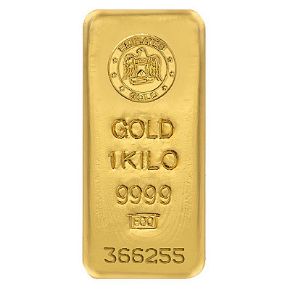
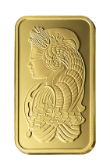
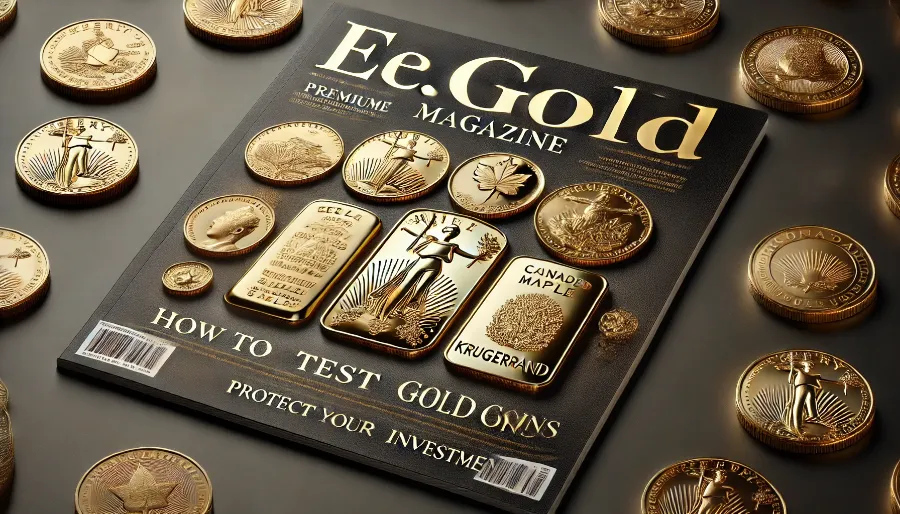
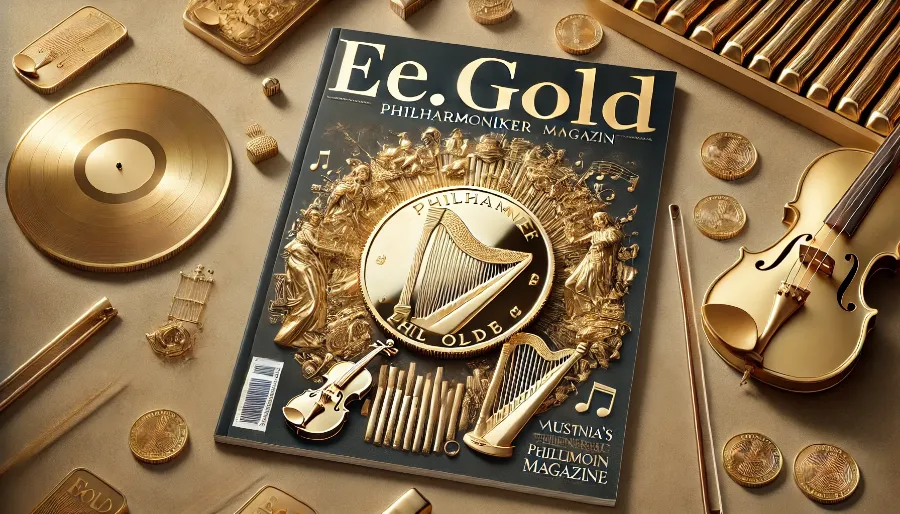
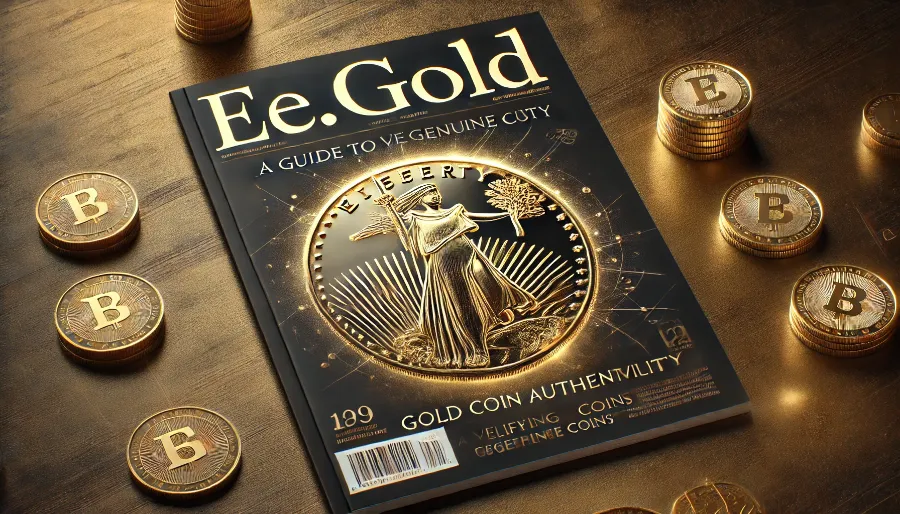
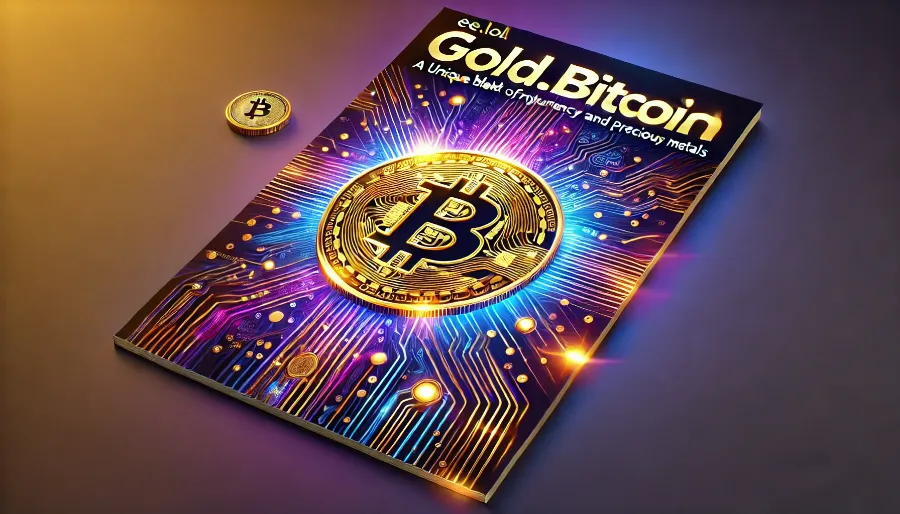
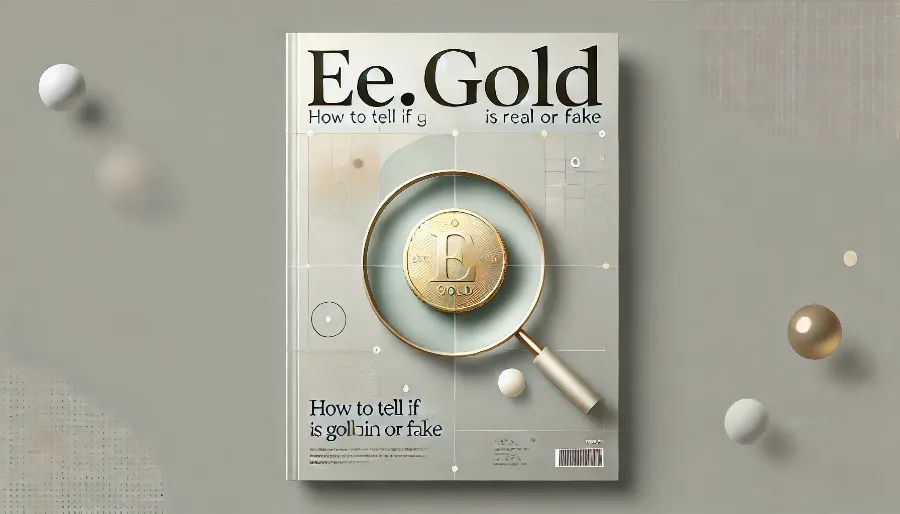
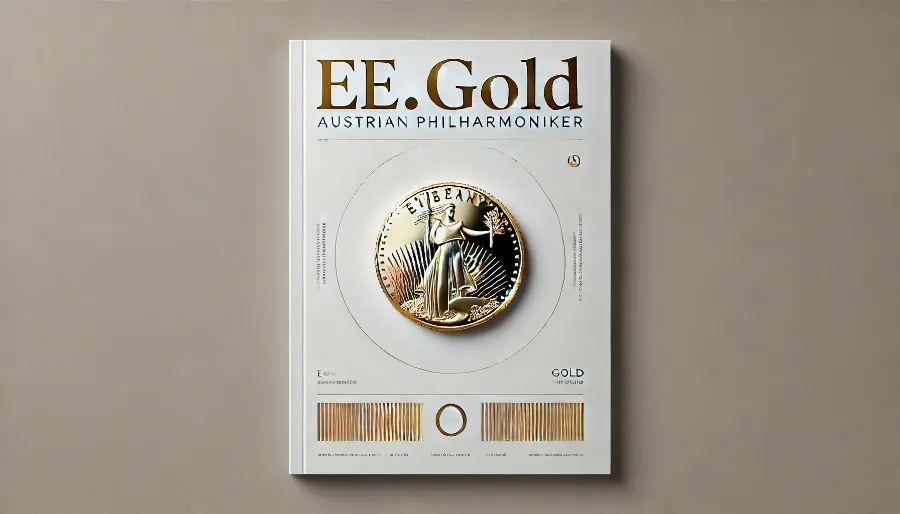
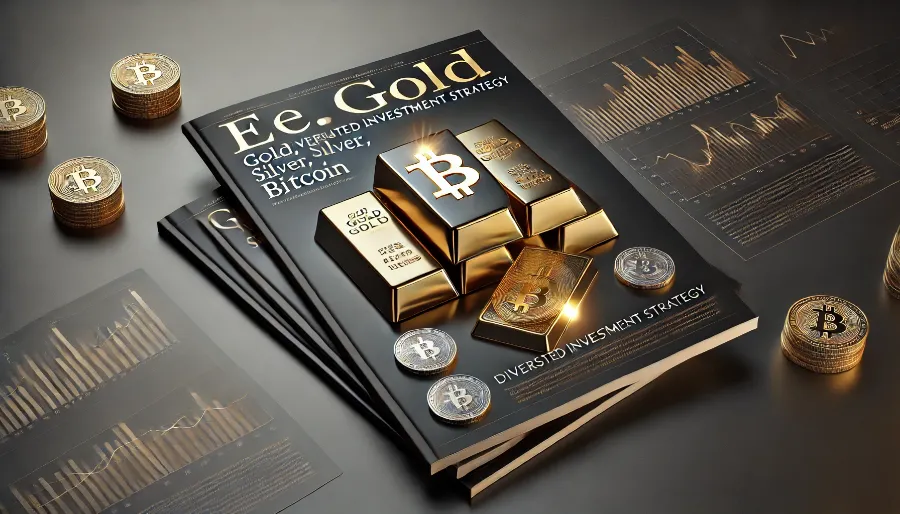
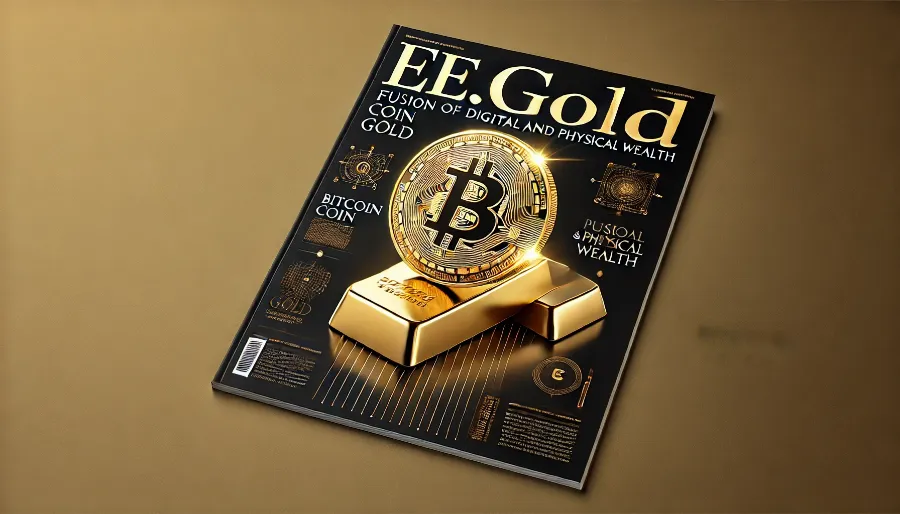
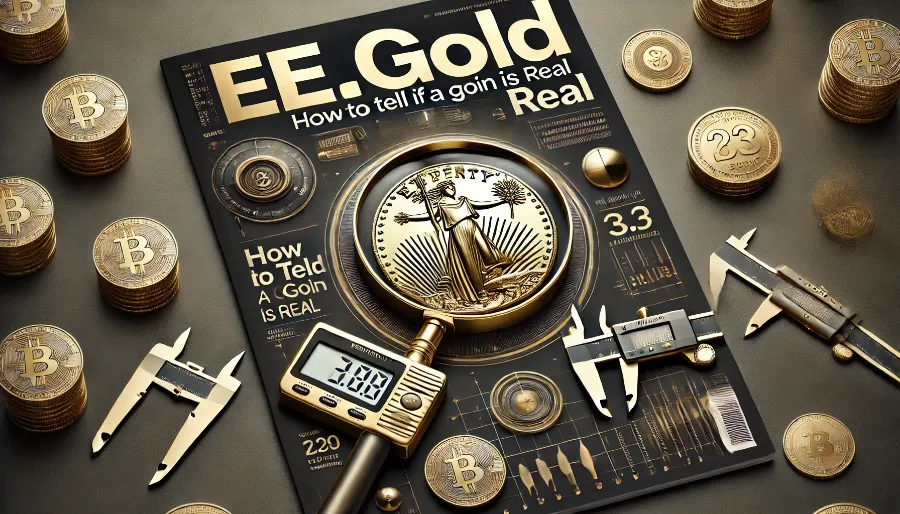
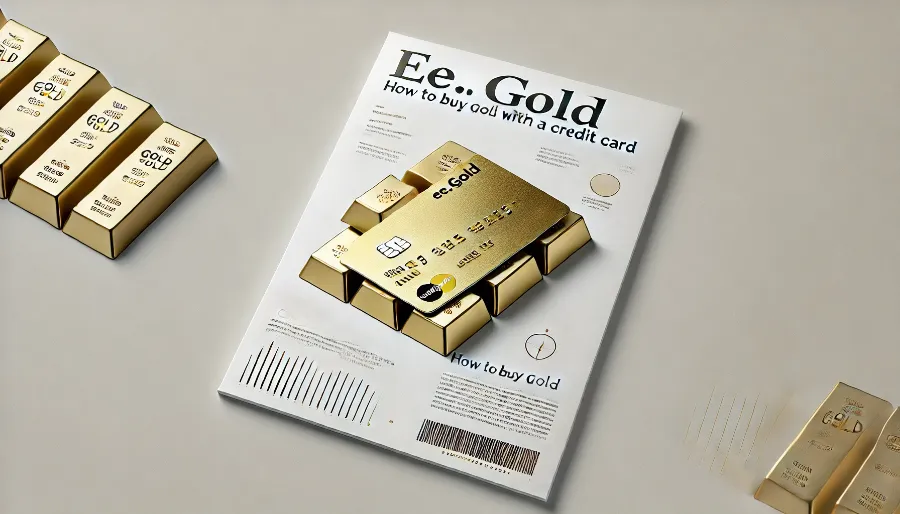




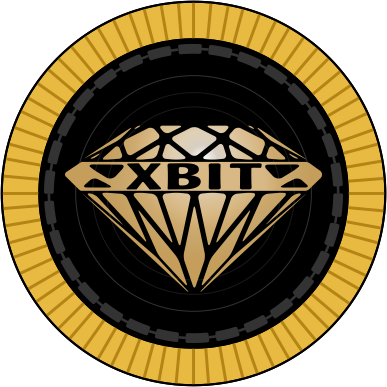


.png)

